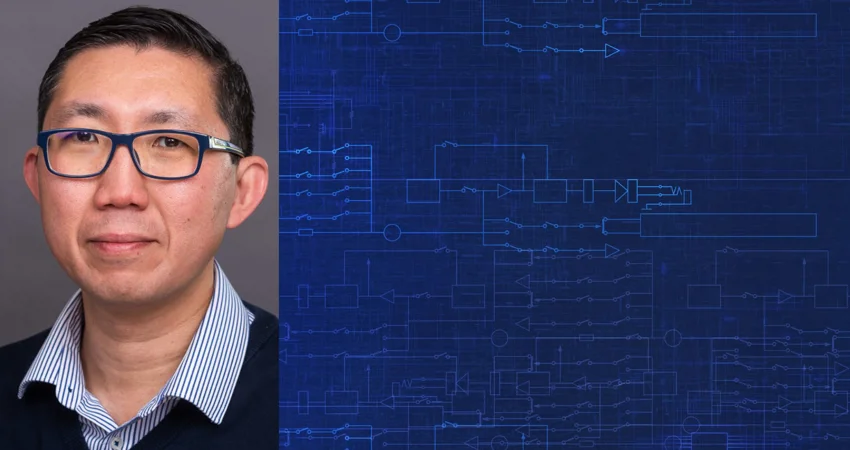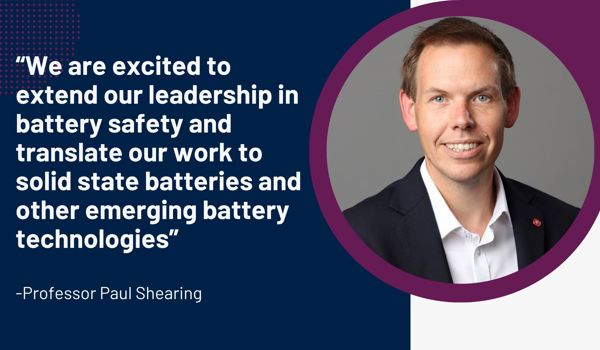11 Apr 2024
Professor Jin-Chong Tan awarded a €3.4 Million European Research Council Advanced Grant
This grant will enable exploration of triboelectric nanogenerators that can harvest energy from the environment and convert it into useful electrical power.

Professor of Nanoscale Engineering Jin-Chong Tan has been awarded a 5-year European Research Council (ERC) Advanced Grant. ERC Advanced Grants are amongst the most prestigious and competitive EU funding schemes. They provide researchers with the opportunity to pursue ambitious, curiosity-driven, high-risk/high-gain projects that could lead to major scientific breakthroughs.
‘I am pleased to receive the award and wish to thank my team members who performed the pilot studies underpinning the proposal. The findings from this project could transform the field of nanoenergy conversion, through precisely engineered resilient new materials ideal for real life applications.’
Professor Tan will use his ERC Advanced Grant to explore how to engineer resilient and durable triboelectric nanogenerators that can efficiently harvest energy from the environment and day-to-day activities, then convert this into useful electrical power. By developing novel composite materials, the project aims to solve the long-standing problem of current nanogenerators only generating low-density power outputs; a major constraint toward practical applications.
Ultimately, this work could improve the performance of various applications including lightweight energy harvesters, touch-sensitive sensors in soft robots, smart tires, and portable devices that can power themselves without use of batteries.
Professor Tan says: “This ERC Advanced Grant will enable me and my team to discover exciting new triboelectric materials targeting a wide range of disruptive technologies. I am excited by the prospect of uncovering the hidden mechanisms and new science behind the functioning of unconventional triboelectrics, by leveraging innovative techniques such as nearfield nanospectroscopy and broadband nanoimaging.”




